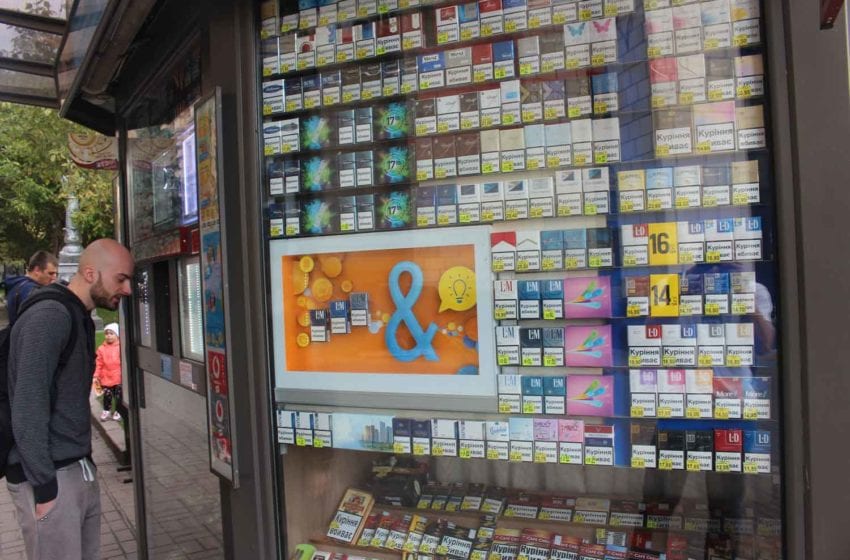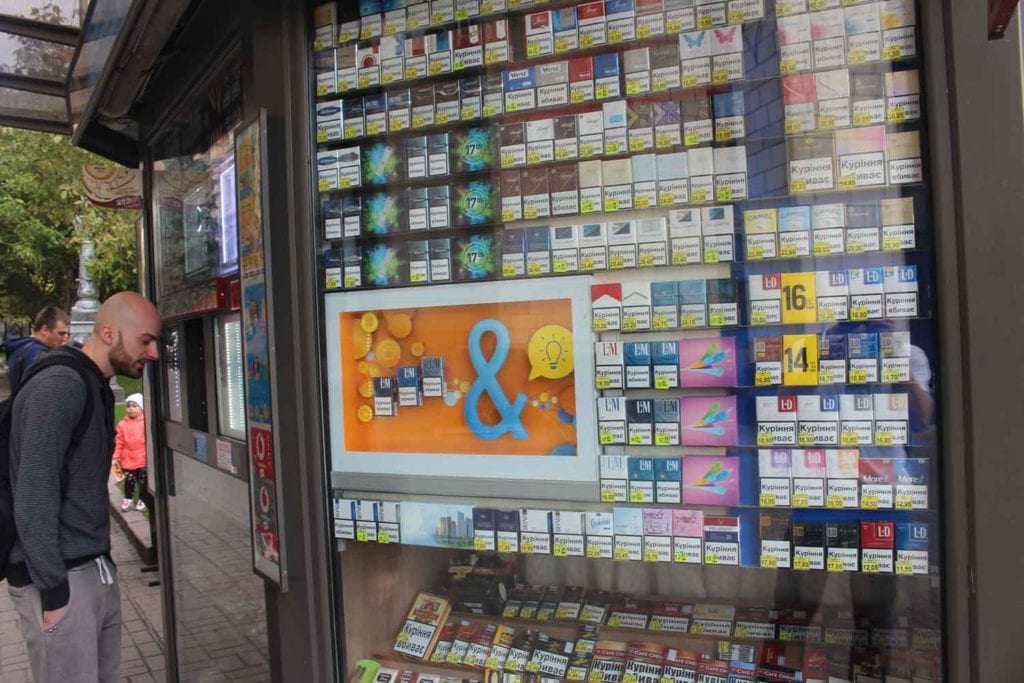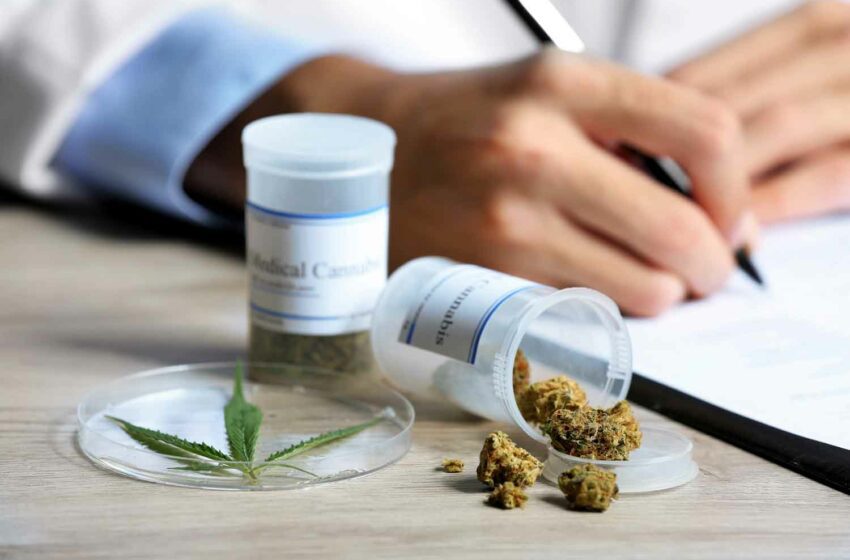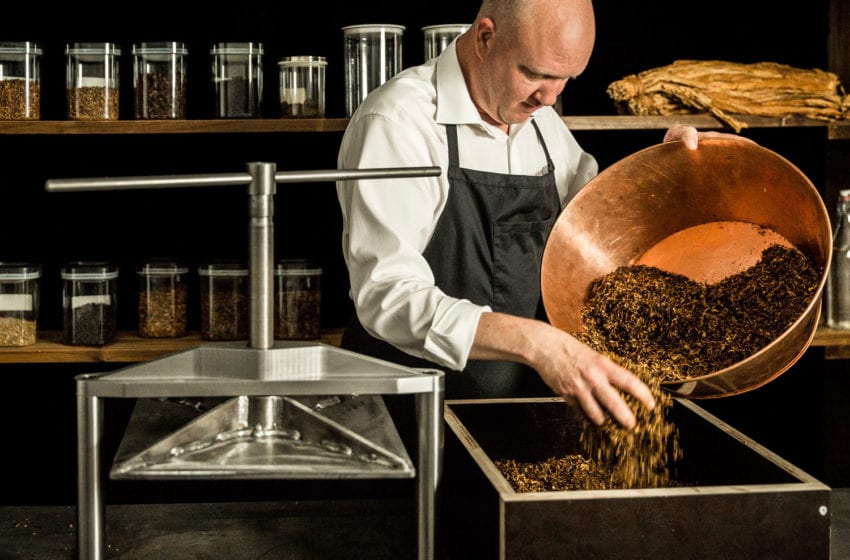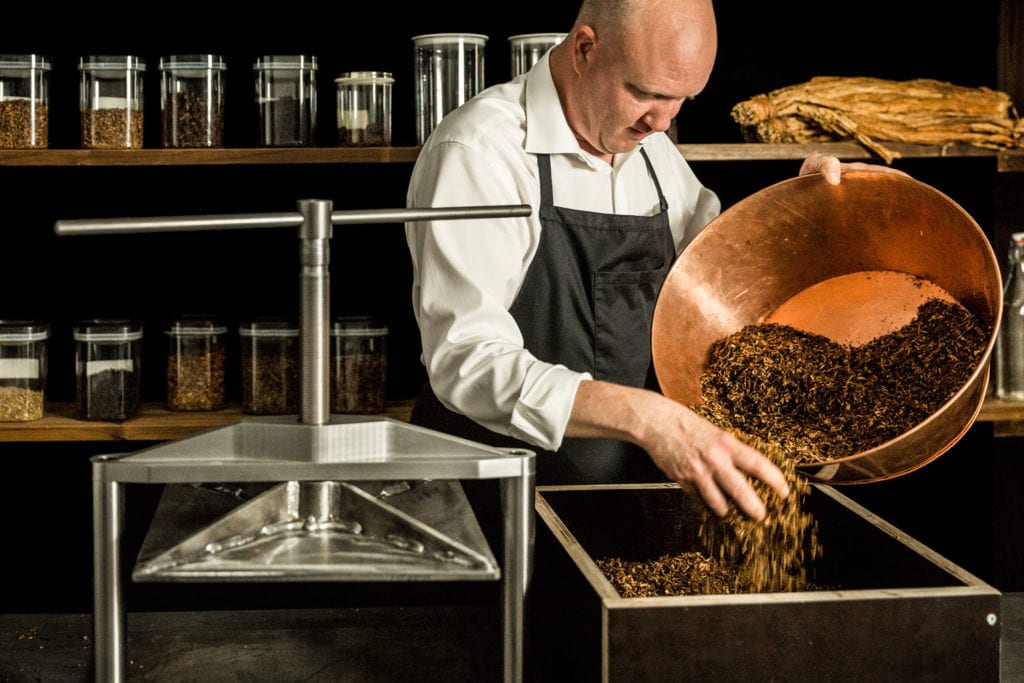
The U.S. Food and Drug Administration has uploaded the first update to its recently created Searchable Tobacco Products Database, which provides an overview of tobacco products and vapor products that may be legally marketed in the United States.
Due to timing factors associated with the initial launch, the products included in this update cover a longer time period (January through mid-April 2024) than will typically be included in the future. The agency intends to update the database every month.
The current database updates include the addition of several tobacco products that were issued a substantial equivalence or exempt order, a number of tobacco products that were determined to be preexisting tobacco products through voluntary submissions, and links to redacted and 508-compliant order letters, decision summaries and other documents for various authorized products that were already in the database.
The database is available here.








